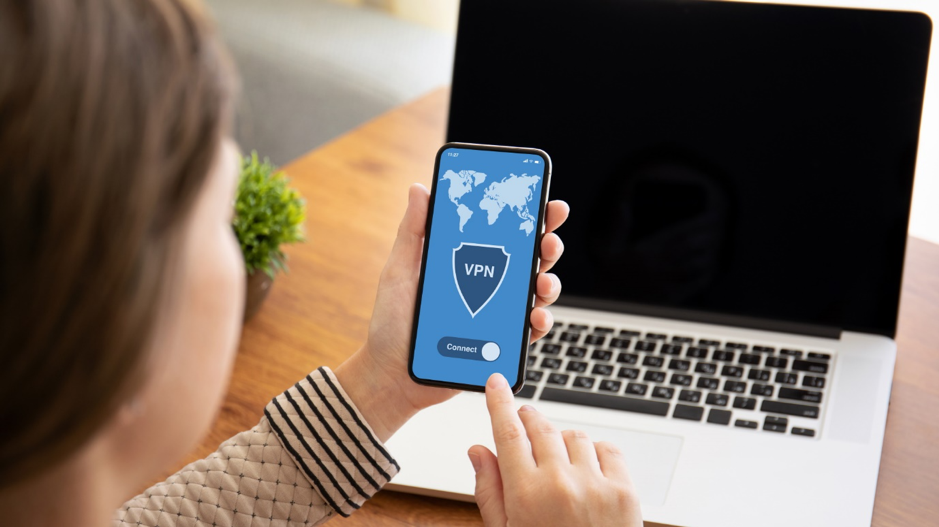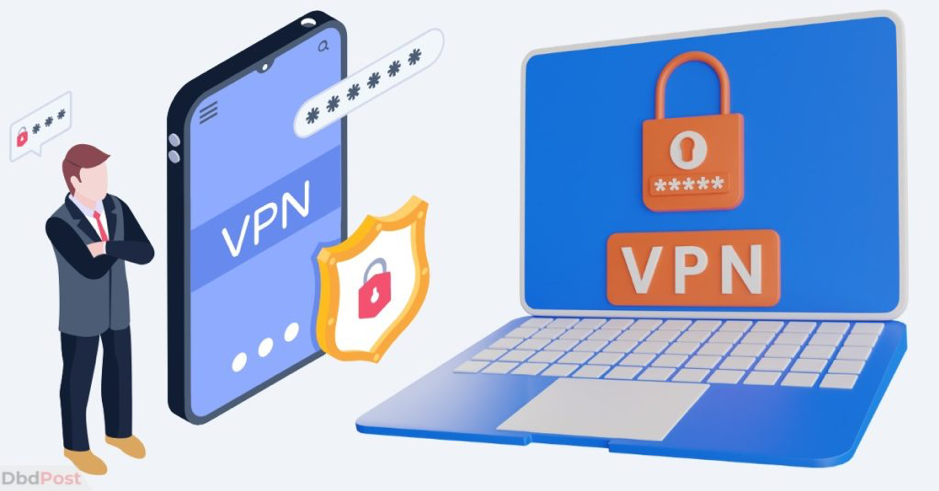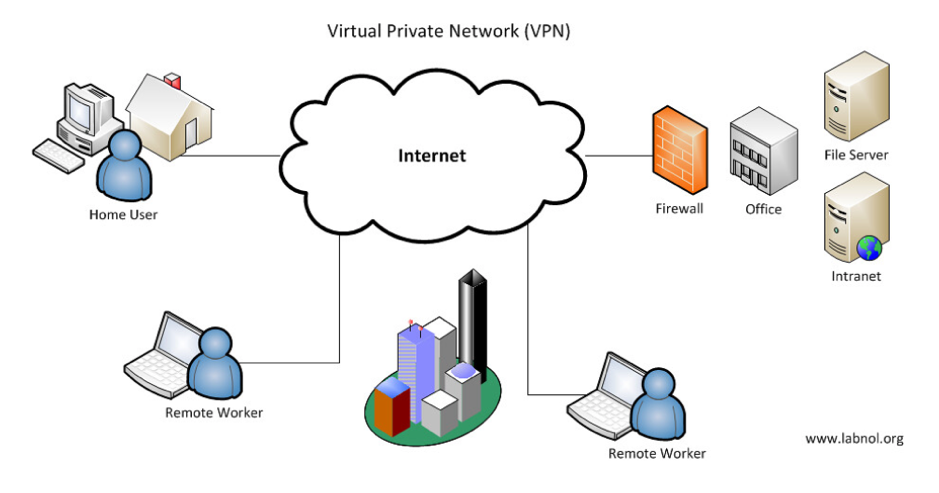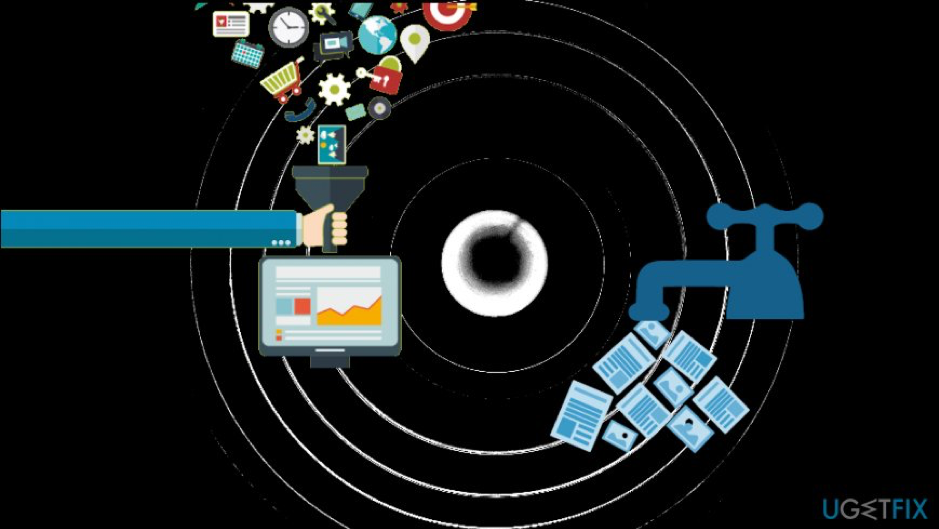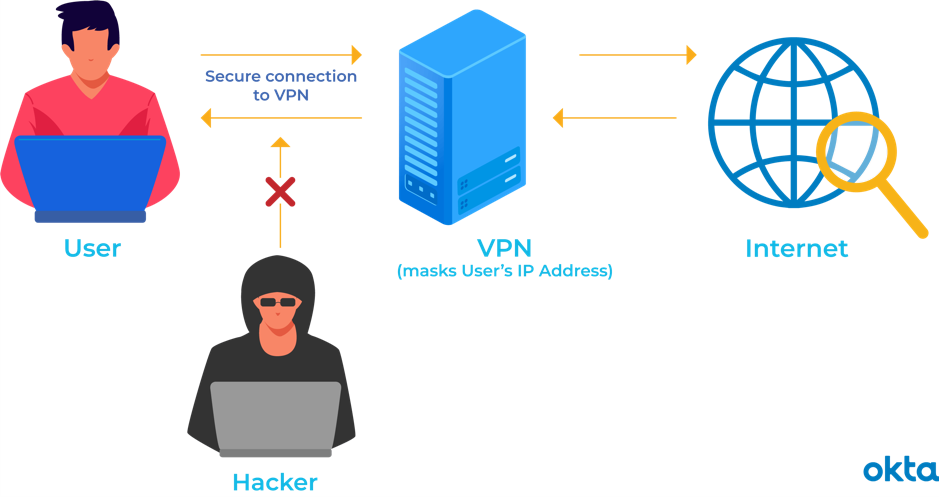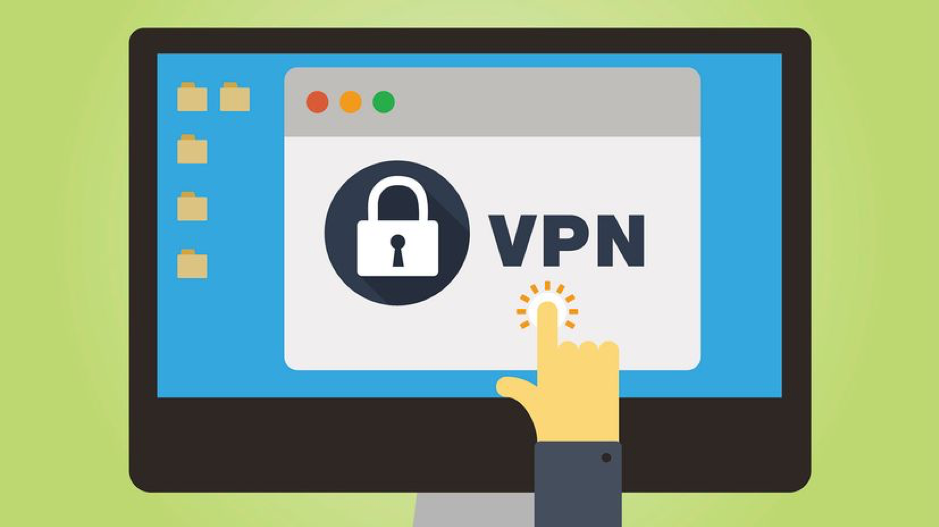Contents
Use of Free VPNs
These days, nothing is free, thus it’s shocking that many free VPNs are still available. And that’s not a complaint. Even though it is understood how crucial is the use of a VPN for maintaining online anonymity, most individuals are also aware that not all desire to spend money on VPN software.
Having said that, individuals must be alert when using a free Virtual Private Network service. One should not always be trusting when someone offers something that normally costs money for free. That applies to a lot of free VPNs. Many of them cause more harm than benefit. Some of them can infect users’ devices with malware, some will gather surfing data to sell for profit, and some have hacked server networks that offer no privacy.
- Some free VPN services keep track of the online sites users visit to sell this information to marketing firms.
- Users’ IP addresses will be linked to everything other users do since free providers may lend this connection to them. Hola VPN, for instance, sells users’ internet connection to other users.
- Malware may be present in free VPN software. For example, Turbo VPN was reported to have dangerous spyware and adware.
- The data of some users of free VPNs has been compromised and exposed.
- Does this imply that using a free VPN will always put users in danger? In no way. By adhering to the best options listed in this blog, readers will reduce the amount of possible risk.
Who Uses a Free VPN Service?
Online security is not as strong with a free VPN. The majority of the time, there won’t be much of a choice when it comes to servers or locations, and speeds are nearly always limited. Additionally, the majority of free VPN services cap users’ monthly data usage at a meager few gigabytes, which is sufficient for daily email checks but inadequate for streaming media (though there are free Netflix VPNs available).
Unpaid VPNs are generally far less secure services since they are accustomed to using tracking technologies like cookies, logging users’ internet usage, and selling this information along with other personal data to advertisers and third parties.
Therefore, there aren’t many situations where a free VPN is actually helpful or appropriate.
Those who occasionally travel and would prefer a slightly more secure connection when utilizing public Wi-Fi may want to choose a free provider. While using public Wi-Fi, an encrypted linking to a VPN server will assist in shielding users’ data from prying eyes, but keep in mind that the VPN may still track and sell users’ activity to outside parties. In this case, online banking and shopping are acceptable as well, and using a VPN is unquestionably safer than avoiding to use one at all.
Consider the below Key Points for using a VPN
Who Runs the Virtual Private Network?
A VPN is easy to manage for anyone. As such, users should always look into the VPN’s operator. It’s possible that users are sending traffic to a reputable, privacy-conscious business that offers a brief trial period of free service to draw in new clients or a single individual may be the channel for all of the internet activity, with the intention, at best, of monetizing users’ online habits and, at worst, exploiting the data.
What Data is collected by the VPN?
The best VPN services keep almost nothing on file: email addresses, IP addresses, location history, and, in the case of premium VPNs, payment information that can be tracked down. It is uncommon to find a free Virtual Private Network that provides this level of privacy—the great majority of them retain user data. In terms of service and its FAQ, a reliable VPN will provide concise, understandable explanations of its security and privacy policies.
What VPN does with Users’ Data?
Take note of who will receive access to the data while users investigate the data that a VPN provider retains. Any service that simply provides a vague description of its policy or withholds this information should be avoided.
Users will often discover that paid and free VPNs alike monetize by selling the data they collect from other users. VPNs frequently stand in the right to give users’ information to law enforcement officials looking into possible crimes. If users have genuine concerns about government monitoring, they ought to investigate a premium service that provides absolute privacy everywhere.
How VPN secures Users’ Data?
The protocols that the VPN supports for data in transit indicate the overall degree of encryption strength since they specify the handshake, which is the first part of the connection, the key exchange, which is the process by which the connection generates the auxiliary data (the “key”) needed to decrypt and encrypt data during the session, the duration of the key exchange, and the technique used to safeguard the established connection.
The Summary
A free VPN service is a good option if users only use one very infrequently over public Wi-Fi and aren’t too concerned about security or privacy. While most offer free trials and money-back assurances for paid plans, users can also use a free VPN to test out all the features. For all others, a premium VPN is the best option. They guarantee more privacy and are quicker, more stable, and more secure. Furthermore, even the finest of them only cost a few dollars a month.


